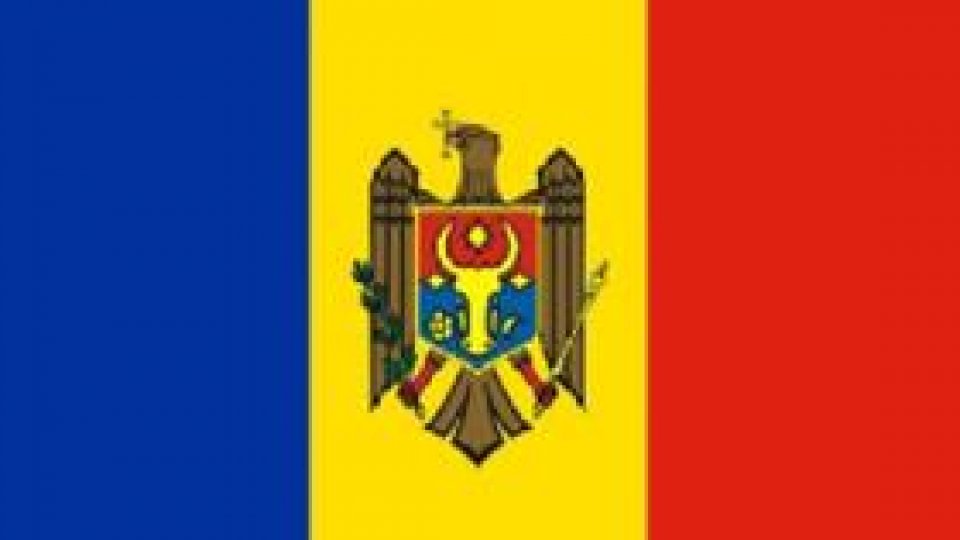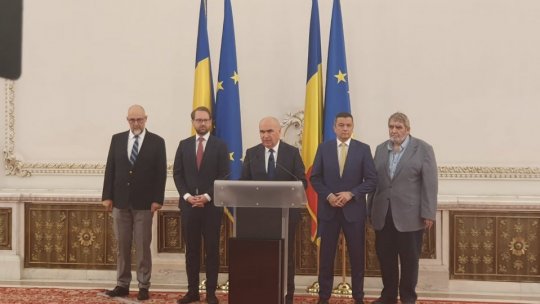Independence Day in the Republic of Moldova
On August 27 Moldova celebrates 23 years since it proclaimed its independence from the former USSR.

Articol de Radio România Internaţional, 28 August 2014, 12:22
The President of Romania, Traian Basescu, wrote to his Moldovan counterpart Nicolae Timofti that Bucharest will always stand by the Republic of Moldova.
The Romanian President’s message reads, among others, “Moldova’s European endeavours and the well-being of its citizens, to which we are tied by a long history and, more importantly, by great friendship, will always be the project the dearest to my soul”.
This has been in fact a constant element of the post-communist Romanian foreign policy.
Regardless of their political affiliation, all Romanian presidents, prime ministers and foreign ministers made the support for the Republic of Moldova a priority.
When the Parliament in Chisinau complied with the will of the thousands of people gathered in the streets of the city and proclaimed the country’s independence from Moscow, on August the 27th, 1991, Romania was the first country in the world to recognise the new state.
This put an end to half a century of Soviet occupation marked by suffering and tragedies.
Today’s Republic of Moldova lies on some of the eastern Romanian territories annexed by Stalin’s Moscow in the summer of 1940.
Hundreds of thousands of ethnic Romanians took refuge in Romania, while other thousands were deported to Siberia.
The arsenal of Stalinist repression included abusive arrests, summary trials and executions.
The regime brought colonists from across the Soviet empire to replace the locals who had left.
The Romanian community however survived, and the fall of the USSR found it prepared to break with Moscow.
Proclaiming its independence was however just one step in a long and difficult journey.
In 1992, the pro-Russian secessionist province of Transdniestr came out of Chisinau’s control, after an armed conflict that killed hundreds and was ended by the intervention of Russian troops on the separatists’ side.
In the first decade of the new century, power in Moldova was held by the impenitent pro-Russian communist party headed by a former Soviet police general, Vladimir Voronin.
It was only in 2009, when a pro-Western coalition of three parties came to power, that the Republic of Moldova was able to embrace and promote European Union accession ambitions.
Having signed free trade and association agreements with the EU, Moldova is now viewed in Brussels as the success story of the Eastern Partnership.
The courage and consistency with which both its politicians and the public implemented painful reforms entitle Moldova to hope that the independence proclaimed 23 years ago will soon be reinforced by the prosperity and the rule of law entailed by the European integration.














